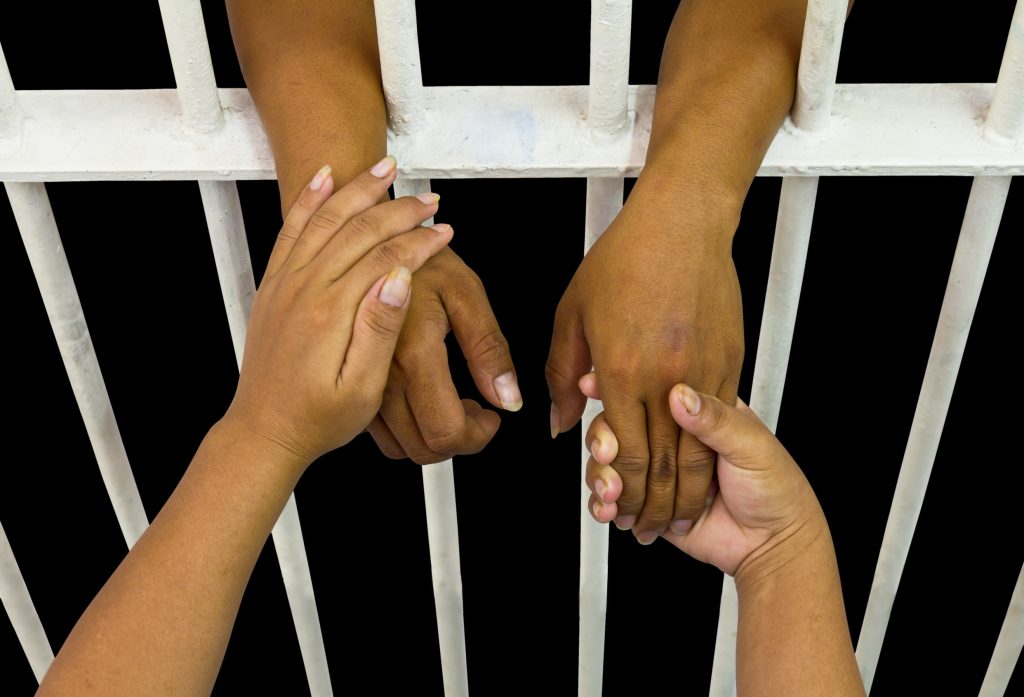
It’s one of the hardest conversations a parent or caregiver might ever face—explaining to a child that someone they love is in prison. Whether it’s a parent, sibling, aunt, or grandparent, the emotions tied to incarceration can be complicated and overwhelming, especially for young children. Avoiding the topic entirely might feel easier in the moment, but silence often leaves kids with unanswered questions, confusion, or even misplaced guilt. Talking honestly—while keeping it age-appropriate—helps children process the situation and feel emotionally safe. When done with care, these conversations about family members in prison can preserve relationships and support a child’s sense of security during a difficult time.
1. Keep the Conversation Honest but Age-Appropriate
Children deserve the truth, but how it’s delivered matters. Young children don’t need every detail, but they do need clarity—they’ll often sense something is wrong and may fill in the blanks with their own (usually worse) ideas. Use simple, direct language like “Uncle Ben broke a rule, and now he has to live in a special place called prison for a while.” Older kids may ask tougher questions, and it’s okay to say, “That’s something I’ll explain when you’re a little older.” What matters most is making sure the child feels safe, not burdened with adult emotions. Avoid euphemisms that might confuse them, like “went away” or “is on a trip.”
2. Reassure the Child It’s Not Their Fault
One of the most painful parts of having a family member in prison is how quickly kids internalize blame. Children might think their behavior somehow caused the person to leave or that they’re being punished too. Reassurance is critical—tell them directly that nothing they did caused the situation and that adults are responsible for their own choices. Repeat this often, especially after visits or difficult questions. Kids need to hear that they’re loved, safe, and not responsible for things beyond their control.
3. Answer Questions About Family Members in Prison as They Come
Kids don’t always process things all at once. After the initial conversation, expect follow-up questions that may seem random or come at unexpected times. Be patient, and try not to shut down even if the questions are uncomfortable. You can answer simply and truthfully, using language appropriate for their age, and it’s okay to say, “Let me think about how to explain that better, and we’ll talk again.” What matters is that the child feels heard and knows you’re safe to talk to about their feelings.
4. Don’t Shame or Villainize the Person in Prison
Even if the crime was serious or you feel anger or disappointment toward the incarcerated person, it’s important to be thoughtful about how you talk about them around the child. Children are often emotionally tied to this family member; hearing them described harshly can cause confusion or sadness. Instead of focusing on what the person did wrong, focus on the facts of the situation and how you can support the child’s emotional health. It’s possible to be honest while still leaving room for empathy. Encouraging respectful language helps protect the child’s emotional bond and sense of family identity.
5. Help Maintain Connection if It’s Safe and Healthy
If the incarcerated person is someone the child wants to stay connected with—and if it’s emotionally safe—help make that possible through letters, phone calls, or supervised visits. Even small gestures, like sending drawings or hearing their loved one’s voice, can bring comfort. Children need to know their family members haven’t disappeared, even if they can’t see them often. Regular connection, when appropriate, helps kids feel less alone and supports their emotional development. Just be sure to prep children beforehand about what to expect during visits or calls, and follow up afterward to talk through any feelings.
6. Watch for Behavioral Changes and Emotional Signs
Kids don’t always verbalize their emotions—they show them. Be alert for signs like trouble sleeping, acting out at school, changes in appetite, or withdrawing from friends. These shifts could be a sign that they’re struggling with grief, shame, or anxiety. Let teachers or counselors know about the situation if you’re comfortable, so they can offer support as well. Emotional well-being takes time to rebuild after big life changes, and having a family member in prison is no exception. Offering consistency, structure, and open communication will help them process the situation at their own pace.
7. Normalize the Conversation Within Your Family Culture
This topic doesn’t have to be off-limits or a source of family shame. When you treat it with calm honesty and compassion, children learn that it’s okay to talk about hard things. If the person in prison is mentioned in family stories, traditions, or daily life, it shows that love doesn’t disappear just because someone made a mistake. You can talk about hopes for the future, like when they’ll come home or how they’re trying to change. Keeping the conversation going—rather than burying it—makes room for healing.
Every Conversation About Family Members in Prison Builds Trust and Resilience
Talking to a child about a family member in prison isn’t about having all the right words—it’s about creating a space where honesty, love, and safety exist side by side. Kids are stronger than we often give them credit for, especially when they know they aren’t facing hard things alone. Each conversation is an opportunity to build resilience and reinforce that love still surrounds them. In a world that can feel full of uncertainty, your voice and presence are the most powerful tools you have.
Have you had to explain incarceration to a child? What helped you navigate that tough conversation? Share your experience in the comments to help others feel less alone.
Read More:
How to Talk to Your Kids When You’re Struggling Mentally Yourself
How Do You Teach Kids About Consent and Boundaries?
The post Talking to Kids About Family Members in Prison appeared first on Kids Ain't Cheap.







